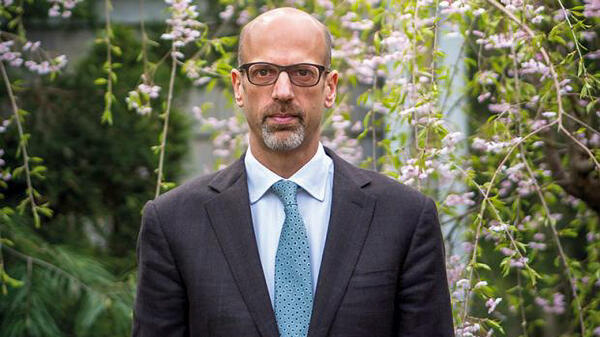The Frank Rhodes Lecture Series aims to challenge the current constructs of higher education and disrupt the educational and cultural landscape by bringing thought-provoking leaders who can help redefine the space by sharing their visionary ideas and outlook.
The University Design Institute and Arizona State University welcomed Dr. Michael D. Smith on September 13 for the latest lecture in the Frank Rhodes Lecture Series to discuss higher education in the digital world and its implications on learners, institutions, and communities around the globe.





